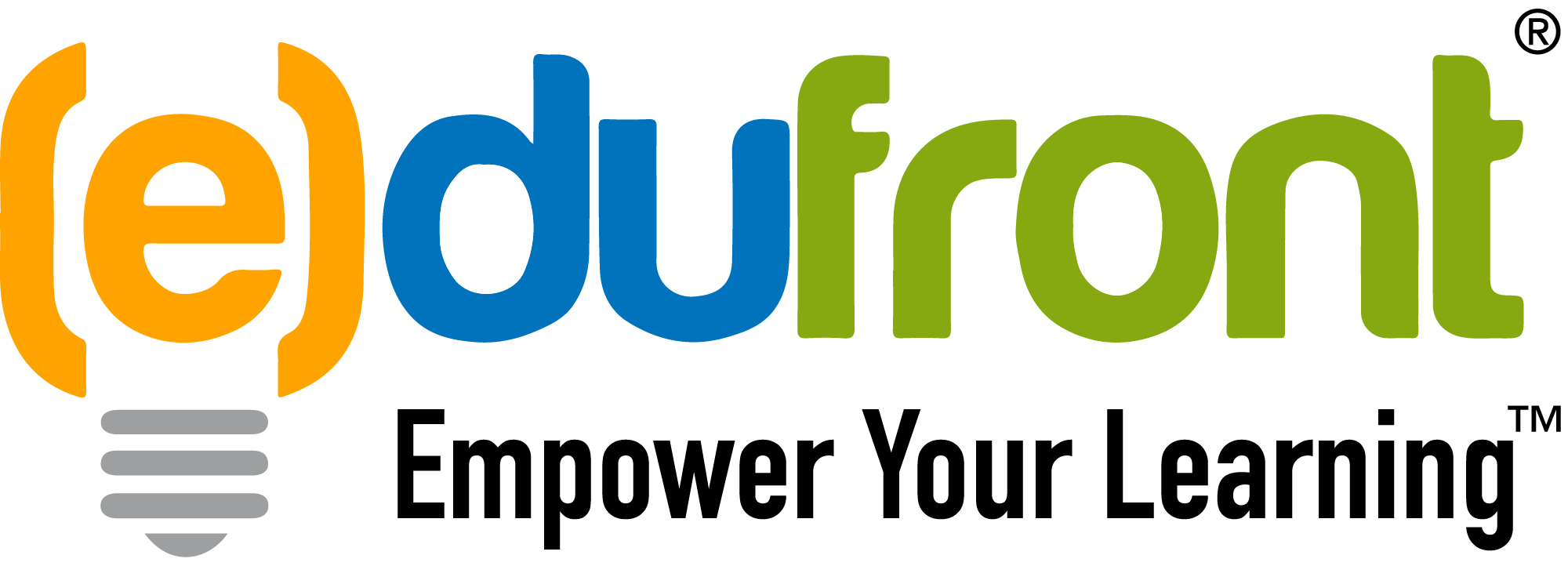In Singapore, tuition classes have become a staple in the educational journey of most students. From primary school all the way to university, parents and students alike often turn to these supplementary classes with the hope of achieving academic excellence. As the demand for tuition continues to rise, it’s important to step back and analyze both the costs involved and the value these classes provide. This article aims to offer a clear understanding of what you can expect to invest and what you might gain in return. Whether you’re considering private tutoring, online courses, or coaching centers, we’ll explore various aspects to help you make an informed decision.
Overview of Tuition Classes
Tuition classes in Singapore cater to a wide range of subjects and educational levels. These include private tutoring sessions, group classes in tuition centres, and increasingly popular online courses. The choice of mode can depend on the student’s needs, the complexity of the subject, and the level of personal attention required. Subjects most commonly sought after in tuition include Mathematics, English, Science, and Mother Tongue languages, with a growing interest in specialized areas such as coding and foreign languages.

Costs of Tuition Classes
Breakdown of Costs
Tuition costs can vary widely:
- Direct Costs: These are the fees you pay for the classes themselves, which can range from S$25 per hour for group sessions in a local tuition center to over S$100 per hour for highly experienced private tutors. Other direct costs include registration fees and learning materials.
- Indirect Costs: Consider the time spent traveling to tuition centers and the time that could have been used for other activities. While less tangible, these costs can add up, especially if the tuition center is far from home.
Cost Comparison
- Private vs. Group Tutoring: Private tutoring is typically more expensive than group sessions due to the personalized attention students receive.
- In-person vs. Online Classes: Online classes often offer a more affordable alternative to in-person sessions, saving on travel time and costs.
Factors Influencing Costs
- Geographic Location: Tuition centres in central or more affluent areas of Singapore tend to charge more.
- Tutor’s Qualifications: Tutors with more experience or higher qualifications usually command higher fees.
- Subject Complexity: Advanced level subjects or those requiring specialized knowledge like A-Level Chemistry or IB Physics tend to be pricier.
Value of Tuition Classes
Academic Benefits
- Improvement in Grades: The most direct benefit of tuition is often seen as an improvement in school results.
- Enhanced Understanding: Students gain deeper insights and clearer understanding, which help in both school and national exams.
- Preparation for Exams: Targeted exam preparation is a key focus of many tuition programs, equipping students with strategies to tackle difficult questions and manage their time effectively during exams.
Non-Academic Benefits
- Study Habits: Regular tuition can help develop disciplined study habits and better time management.
- Personalized Learning: One-on-one sessions allow for customized learning approaches, which can be particularly beneficial for students who struggle in larger classroom settings.
- Confidence: As students become more proficient in their subjects, their academic confidence usually increases.
Evaluating Value for Money
- Success Rates: Look for tuition centers or tutors with a track record of improving student outcomes.
- Long-term Benefits: Consider whether the skills and knowledge gained will benefit the student’s overall educational trajectory.
- Feedback: Reviews and testimonials from other students and parents can provide insights into the effectiveness of the tuition.

Criticisms and Challenges
While tuition can offer many benefits, it’s not without its criticisms. There is a growing concern about over-reliance on supplementary education, potentially leading to burnout and stress among students. Additionally, the cost of tuition can exacerbate educational inequalities, as not all families can afford these extra classes.
The Future of Tuition Classes
With technology becoming increasingly integrated into education, tuition classes are likely to become more flexible and accessible. Innovations like AI-driven learning platforms and virtual reality can make learning more engaging and effective. As the landscape evolves, the way tuition is delivered and its costs are likely to change as well.
Conclusion
Tuition classes in Singapore are a significant investment, both financially and in terms of time. However, the right tuition can provide immense value, enhancing academic performance and building important life skills. By carefully considering both the costs and the potential benefits, parents and students can make choices that align well with their educational goals and budget.

Pingback: โป๊กเกอร์ 3 ใบ เกมไพ่ออนไลน์ ทำเงินง่าย บนเว็บ LSM99LIVE
Pingback: รากฟันเทียมโคราช
Pingback: รวม เว็บ G2G พนันออนไลน์ครบวงจร
Pingback: https://phygital-media.com/2025/02/17/casinodaddy-summary-of-sportsbet-io-casino-site-3/
Pingback: คลินิกทันตกรรม ฉะเชิงเทรา ที่ไหนดี
Pingback: Fortune Snake
Pingback: ออกแบบโรงแรม
Pingback: โรงแรมศรีราชา
Pingback: สั่งของจากจีน
Pingback: เช่ารถเครน
Pingback: Book of Ra Slot